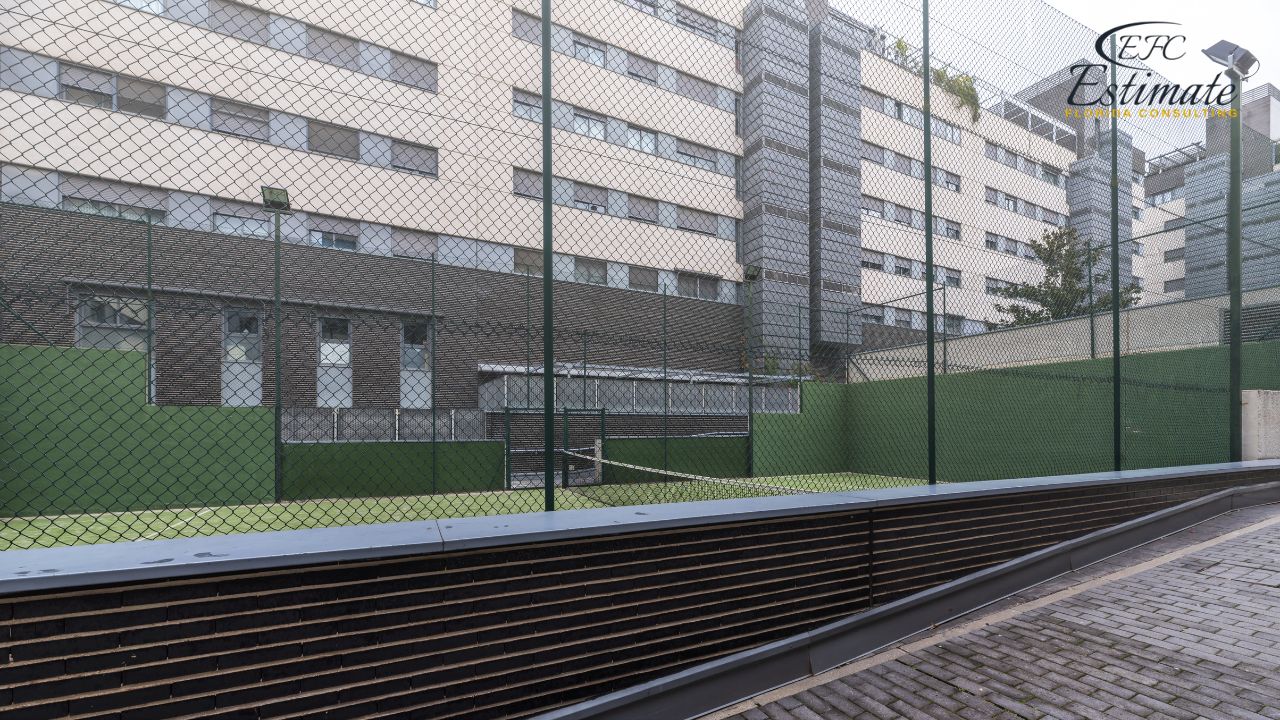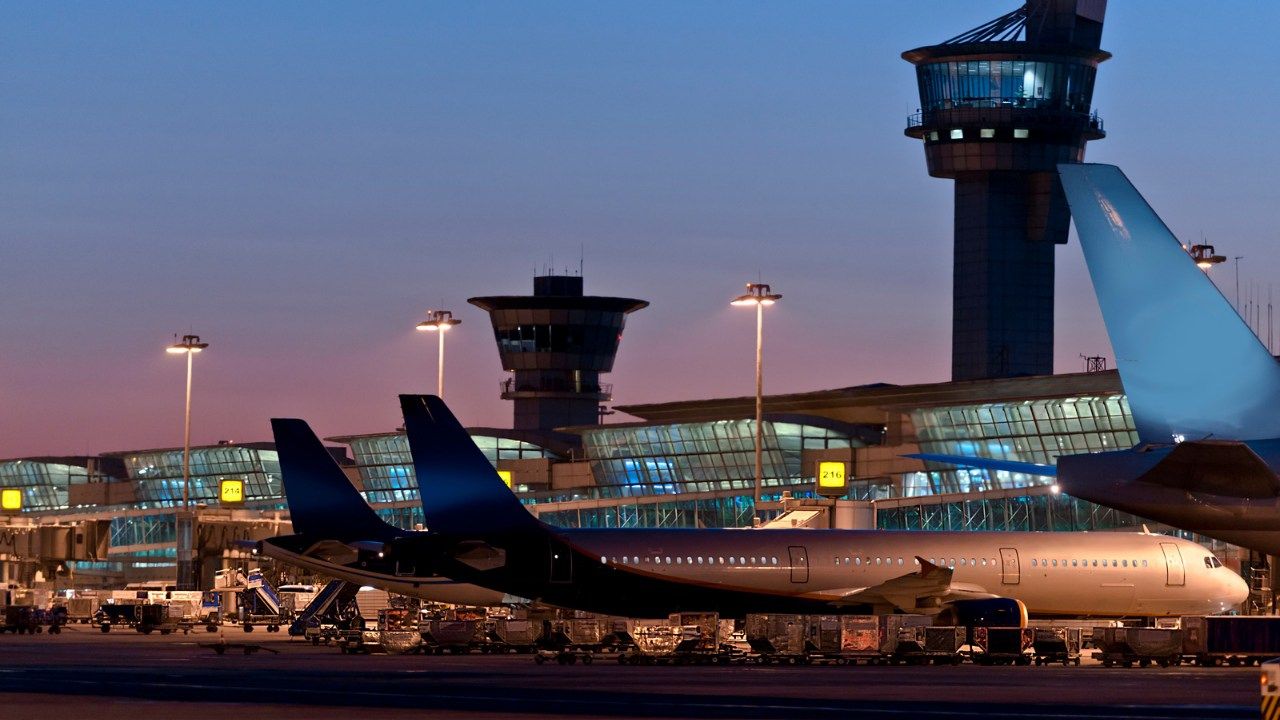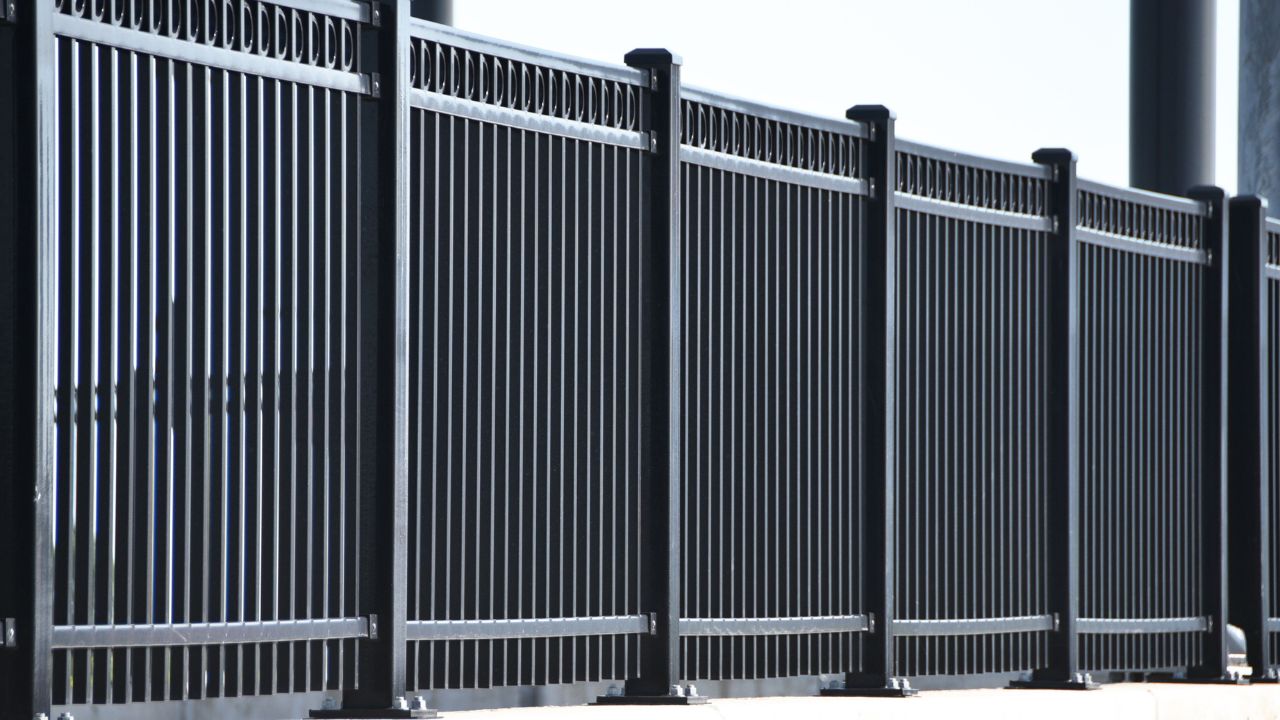Fence Cost Estimator
Estimate Florida Consulting offers a comprehensive Fence Cost Estimator service, complemented by budgeting, takeoff, and estimates for both commercial and residential projects. Our experienced team ensures precise assessments catered to your fencing needs, considering factors such as material costs, labor expenses, project scope, and timeline. Whether you’re planning to install a fence for a commercial property, residential development, or renovation project, we provide accurate estimates to help you budget effectively and make informed decisions. From chain-link fences to wooden privacy fences and ornamental metal fences, we cover a wide range of fencing options to suit your requirements.
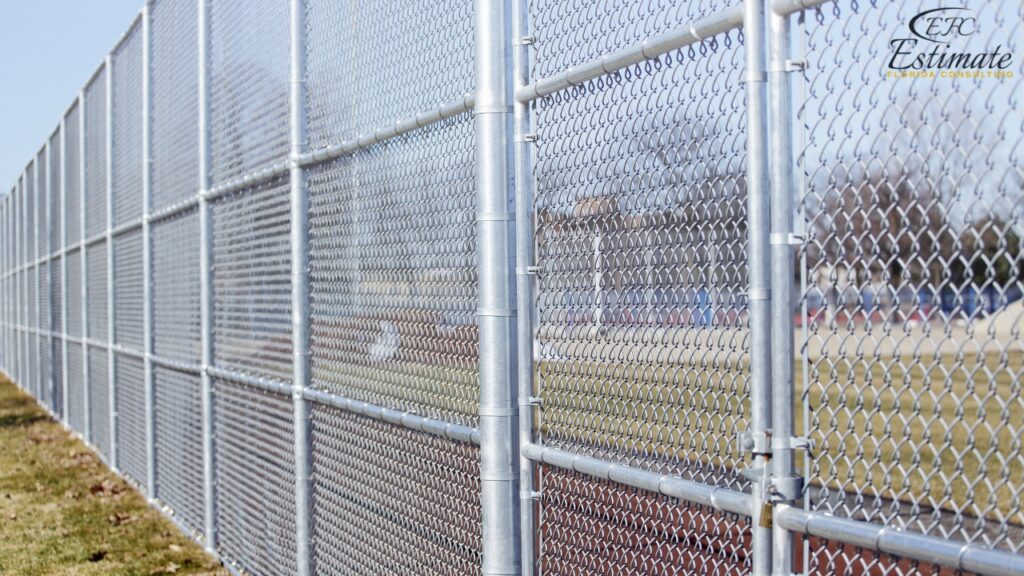
How Much Does a Fence Cost?
Installing a privacy fence typically costs around $3,630, with prices ranging from $1,760 to $7,700. Fences offer various benefits such as enhanced security, privacy, and increased property value. Factors like material choice and property size influence the overall expense. While a fence is an investment, its advantages justify the cost, improving both the aesthetic and functionality of your home. Whether you prioritize security, privacy, or curb appeal, a well-installed fence can fulfill multiple needs. Before committing, consider consulting professionals to determine the best options for your property, ensuring a worthwhile investment in the long run.
Average Cost to Install a Fence
The average cost to install a fence hinges on several key factors, primarily dictated by your yard’s size and the chosen material. Yard size directly impacts the amount of material and labor needed for installation. Additionally, material selection plays a significant role; for instance, wood tends to be more budget-friendly compared to options like aluminum, vinyl, or metal. These materials vary not only in cost but also in durability and aesthetic appeal, influencing the overall expense of your fencing project. Therefore, before embarking on installation, it’s essential to consider both your yard’s dimensions and your material preferences to ensure a cost-effective and visually pleasing outcome.
Cost Type | Cost |
|---|---|
Average | $3,630 |
Highest | $7,700 |
Lowest | $1,760 |
Cost to Install a Fence Per Linear Foot
Fencing a yard typically ranges from $2,200 to $5,830 with a 10% cost increase factored in. Costs vary based on yard size. Measuring linear feet involves assessing the perimeter, but irregular shapes may complicate measurements.
Linear feet | Minimum | Maximum | Average |
100 | $2,200 | $3,520 | $2,860 |
150 | $3,410 | $5,280 | $4,400 |
200 | $4,510 | $7,040 | $5,830 |
Fence Costs Per Acre
Determining yard size by acreage offers another perspective. For instance, a ⅕ acre yard typically requires a 150-foot fence, while a ¼ acre needs a 200-foot one. Larger properties, like a one-acre yard, demand an 800-foot fence. Despite an acre seeming modest, fencing expenses can soar into the tens of thousands of dollars.
Acreage | Minimum | Maximum | Average |
1/5 | $3,410 | $6,710 | $5,060 |
1/4 | $4,510 | $7,040 | $5,830 |
1 | $18,150 | $28,160 | $23,100 |
Although you may dislike having a small backyard, it will save you money in terms of materials and labor when it comes to your fencing installation.
Fence Costs by Type
Here’s the table for the provided details:
Material of Fence | Average Cost Per Linear Foot |
Aluminum or metal | $33 – $55 |
Bamboo | $22 |
Wood | $5.50 – $22 |
Vinyl | $22 – $44 |
Aluminum and Metal
Aluminum and metal fences, particularly wrought iron, represent the priciest option in fencing. While offering unparalleled durability and a timeless aesthetic appeal, installing a wrought iron fence is a complex task best entrusted to experienced professionals. Expect aluminum and metal fences to cost approximately $33 to $55 per linear foot for installation. The higher cost reflects not only the material itself but also the specialized skills and equipment required for proper installation, ensuring structural integrity and longevity.
Bamboo
Bamboo remains a cost-effective and environmentally friendly option for fencing, with an average installation cost of $22 per linear foot. However, it’s essential to note that bamboo costs may vary significantly based on availability and geographic location. In regions where bamboo isn’t locally abundant, transportation expenses could significantly elevate overall costs. This is particularly relevant for those familiar with bamboo flooring installations, where transportation costs can substantially impact the total project budget. Despite its affordability and eco-friendliness, bamboo is susceptible to scratches, especially in the case of carbonized bamboo. Periodic refinishing may be necessary to maintain its appearance over time.
Wood
Wood fences offer a wide range of aesthetics and options, making them a popular choice among homeowners. From the warm reddish hue of cedar to the durability of composite and treated wood options, there’s a wood type to suit every preference and budget. Cedar, known for its affordability and natural resistance to decay, averages $5.50 to $22 per linear foot for installation, similar to bamboo. However, it’s essential to consider that the cost of wood fencing can vary significantly based on the selected wood type, customization, and regional factors. While cedar may be the budget-friendly option, higher-end woods like teak and redwood come at a premium price. Additionally, customizations such as intricate designs or staining can further elevate costs.
Vinyl
Despite being the second-most expensive option, vinyl fencing offers significant advantages in terms of durability and minimal maintenance requirements. Opting for thicker vinyl panels enhances longevity and structural integrity, reducing the need for frequent repairs or replacements. On average, vinyl installation costs range from $22 to $44 per linear foot, reflecting the quality and durability of the material. While the upfront cost of vinyl fencing may be higher compared to other materials, its long-term benefits, including reduced maintenance and longevity, make it a worthwhile investment for homeowners seeking a low-maintenance fencing solution.
Labor Cost to Install a Fence
When entrusting the installation of your fence to a professional contractor, labor costs play a significant role. On average, you can anticipate paying around $44 per hour for fencing labor. However, this rate can vary substantially depending on your location, ranging from $38.50 to $77 per hour. Alternatively, if you prefer to calculate labor costs based on the size of your fence, the average cost is approximately $11 per linear foot, factoring in the increase. This figure encompasses a spectrum, with labor expenses ranging from as low as $5.50 to as high as $15.40 per linear foot. It’s essential to consider these factors when budgeting for your fencing project, ensuring you receive quality craftsmanship at a fair price.
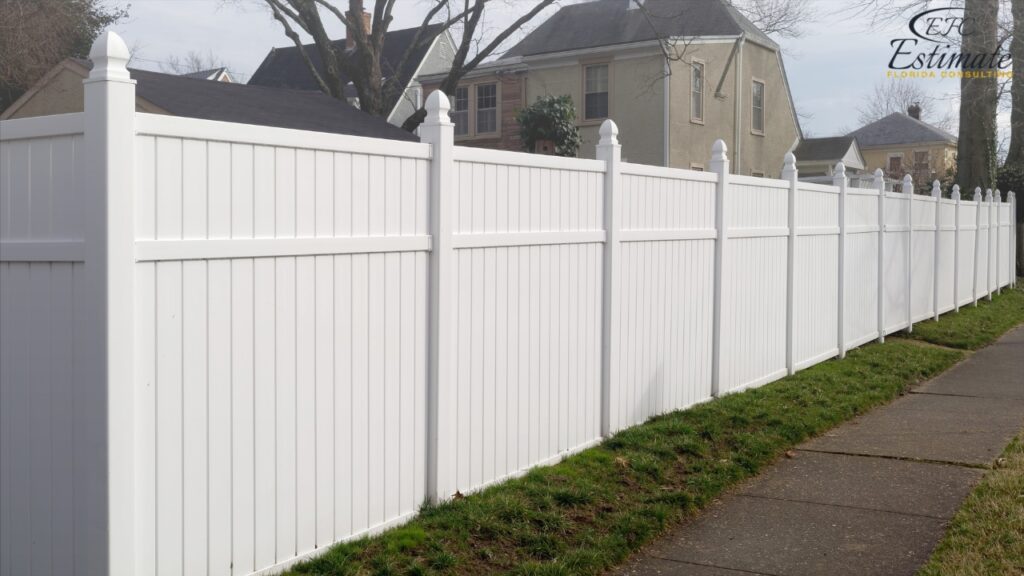
Factors That Determine the Cost of Fence Installation
Planning to install a fence? Here’s a comprehensive look at the factors that will influence the cost:
Removing an existing fence
When considering a new fence, it’s essential to account for the removal of any existing fencing. This preparatory step adds to the overall project cost, as it involves dismantling and disposing of the old materials. The complexity of the removal process, such as the type and condition of the existing fence, will impact the associated expenses.
Type of gate
The choice between a manual gate and an electric gate not only affects functionality but also influences installation costs. While manual gates are typically more affordable upfront, electric gates offer added convenience and security, contributing to a higher initial investment. Furthermore, installing an electric gate may require additional electrical work, further increasing costs. However, the potential increase in property value and enhanced security features justify the higher upfront expense for many homeowners.
Download Template For Fence Project Breakdown
- Materials list updated to the zip code
- Fast delivery
- Data base of general contractors and sub-contractors
- Local estimators

Fence height
The height of the fence significantly impacts material and labor costs. Standard fence heights typically range from four to eight feet, with taller fences requiring more materials and labor for installation. Additionally, local building codes may dictate maximum fence heights for residential properties, further influencing design choices and associated costs.
Labor
Labor costs vary based on several factors, including geographic location, the complexity of the project, and the experience level of the installer. Fence installers typically charge hourly rates, although some may offer pricing on a per-project basis. Factors such as terrain complexity, soil conditions, and accessibility can also affect labor costs, as they may require specialized equipment or additional manpower.
Landscaping
Integrating landscaping around the fence adds aesthetic appeal but also incurs additional expenses. Landscaping costs can vary widely depending on factors such as the extent of planting, the type of vegetation selected, and any necessary site preparation work. Homeowners should budget accordingly for landscaping expenses to ensure the desired aesthetic outcome is achieved without exceeding the overall project budget.
Lighting fixtures
Incorporating lighting fixtures into the fence design enhances both aesthetics and functionality but adds to the project cost. Outdoor security lights, such as motion-activated floodlights or pathway lighting, improve visibility and safety around the property perimeter. The selection of lighting fixtures, including their type, style, and installation method, will impact the overall cost of the fencing project.
Material
The choice of fencing material is one of the most significant factors influencing installation costs. Common materials include wood, vinyl, aluminum, steel, and composite materials, each with its own unique characteristics and price points. While wood is often regarded as a cost-effective option, premium materials such as aluminum or vinyl may command higher upfront costs but offer greater durability and longevity over time.
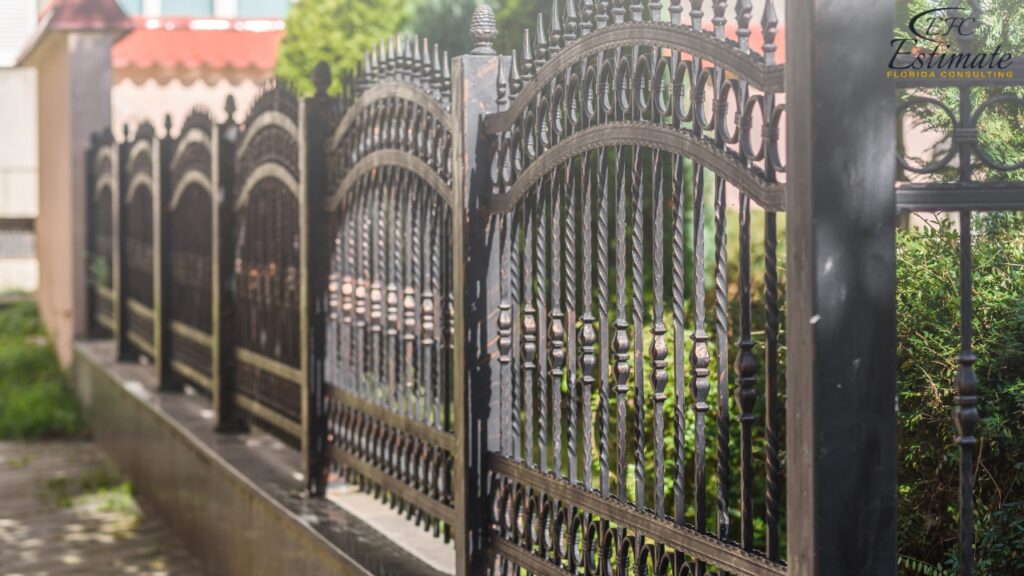
Permits
Before commencing any fencing project, homeowners should check local regulations to determine if permits are required for installation. Permitting requirements vary by jurisdiction and may depend on factors such as property zoning, fence height, and proximity to property lines. Permitting fees, if applicable, should be included in the overall project budget to ensure compliance with local building codes and regulations.
Size of yard
The size of the yard directly correlates with the quantity of materials and labor required for fence installation, thereby influencing overall project costs. Larger yards necessitate more fencing materials and longer installation times, resulting in higher expenses. Additionally, irregularly shaped yards or properties with multiple boundaries may require custom fencing solutions, further impacting costs.
Slope of yard
Yards with significant slopes or uneven terrain present unique challenges for fence installation, as they require specialized techniques and additional labor to accommodate the topography. Installing a fence on sloped land may involve grading, leveling, or terracing the area to ensure proper alignment and stability. As a result, labor costs for fencing projects on sloped terrain are typically higher than those for flat or gently sloping landscapes. Homeowners should factor in the slope of their yard when budgeting for fencing projects to account for potential additional expenses.
DIY Fence Installation vs. Hiring a Professional:
Navigating between DIY fence installation and hiring a professional can be a pivotal decision in your fencing project. Here’s a guide to help you decide:
DIY Installation
Taking on a DIY approach to fence installation can be enticing, especially if you possess the necessary tools and skills. For simpler fence types like wood, chain link, and certain vinyl options, DIY installation may be feasible. With careful planning and attention to detail, homeowners can save on labor costs and enjoy a sense of accomplishment from completing the project themselves.
Professional Installation
However, certain fence types, such as wrought iron and aluminum, present greater challenges and complexities that may require professional expertise. While DIY endeavors may appear cost-effective initially, they can lead to wasted time, materials, and ultimately, expenses if not executed correctly. Professional installers possess the experience, tools, and knowledge needed to tackle intricate installations efficiently and effectively.
When to Choose Professional Help
When in doubt, it’s often best to enlist the assistance of professionals for fence installation, particularly for more intricate designs or challenging materials. Despite the initial cost, hiring professionals can provide peace of mind and ensure the project is completed to high standards. Additionally, professional installations may come with warranties or guarantees, offering added protection and reassurance for homeowners.
Get 5 New Leads Next 7Days With Our System
- Multi-Family Building
- Hotel Building
- Hospital Building
- Warehouse Building
- High-Rise Building
- Shopping Complex
Conclusion
Estimate Florida Consulting offers an invaluable service through our Fence Cost Estimator, aiding both commercial and residential projects with accurate assessments and budgeting. Our team considers various factors, including materials, labor, and project scope, to provide precise estimates tailored to your needs. With fencing costs ranging from $1,760 to $7,700, investing in a fence offers numerous benefits, including security and property value enhancement. Material choices significantly influence costs, with options like wood, vinyl, and metal each presenting unique considerations. Whether you choose DIY installation or opt for professional help, thorough planning ensures a cost-effective and visually pleasing outcome. By prioritizing quality and informed decision-making, you can achieve a well-installed fence that meets your requirements and enhances your property’s appeal.
FAQs
We cater to a wide range of projects, including installation for commercial properties, residential developments, and renovation projects.
We cover a wide range of fencing options, including chain-link fences, wooden privacy fences, and ornamental metal fences, among others, to suit your requirements.
Installing a privacy fence typically costs around $3,630, with prices ranging from $1,760 to $7,700 depending on various factors such as material choice and property size.
The average cost to install a fence per linear foot ranges from $2,200 to $5,830, with costs varying based on yard size and material selection.
You can refer to our provided tables, which include minimum, maximum, and average costs based on linear feet and acreage, to estimate the cost for your yard size.
Several factors influence the cost of fence installation, including material choice, labor expenses, yard size, terrain complexity, landscaping, lighting fixtures, permits, and more.
It’s often best to enlist professional help, especially for more intricate designs or challenging materials, to ensure the project is completed to high standards and to benefit from warranties or guarantees.
Google Reviews



Process To Get Fence Cost Estimate Report
Here I am going to share some steps to get fence cost estimate report.
-
You need to send your plan to us.
You can send us your plan on info@estimatorflorida.com
-
You receive a quote for your project.
Before starting your project, we send you a quote for your service. That quote will have detailed information about your project. Here you will get information about the size, difficulty, complexity and bid date when determining pricing.
-
Get Estimate Report
Our team will takeoff and estimate your project. When we deliver you’ll receive a PDF and an Excel file of your estimate. We can also offer construction lead generation services for the jobs you’d like to pursue further.

